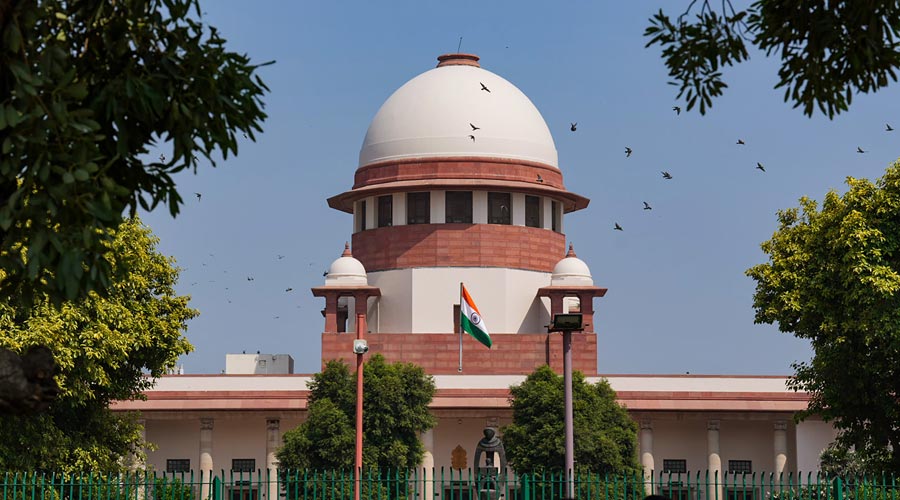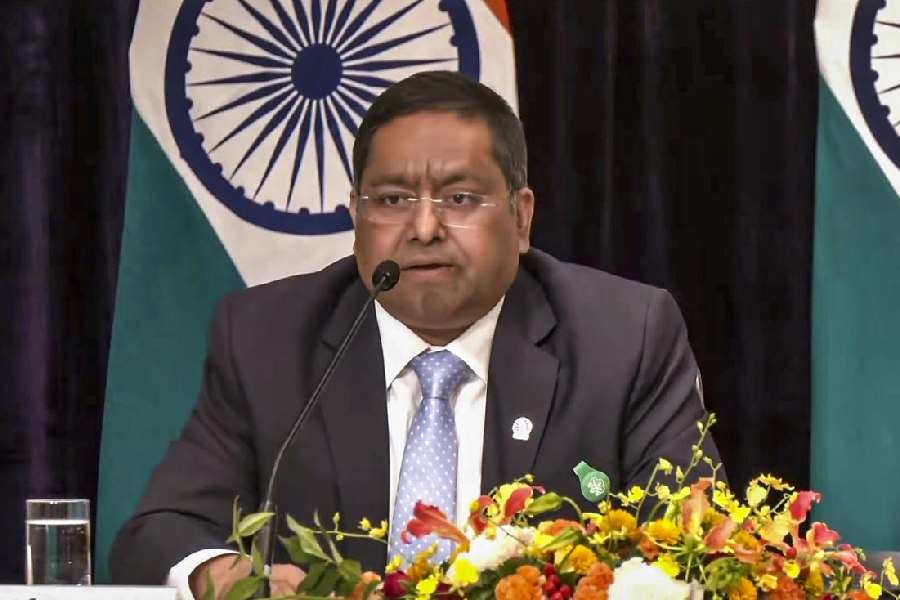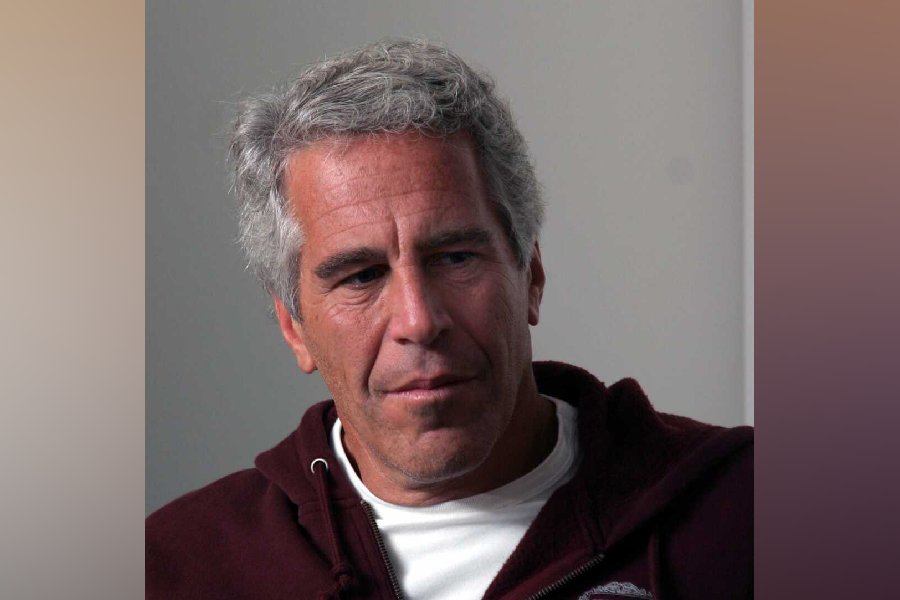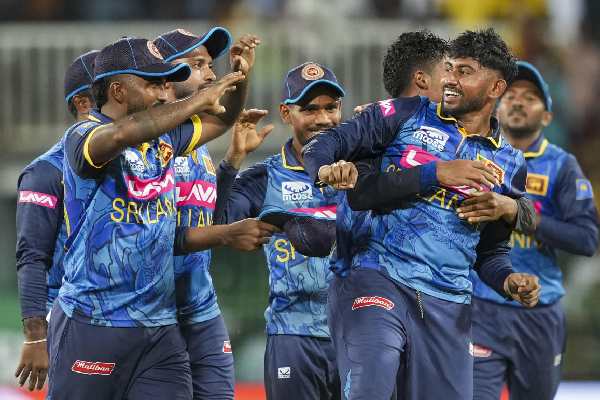The Supreme Court has ordered the Central government to restore the broadcasting license of MediaOne, a Kerala-based television channel, which had been revoked in January 2022 citing national security concerns. The judgment and the court’s arguments in delivering it represent a respite for the press in India as it faces mounting political and economic pressures. The government’s case was built on vague allegations and opaque claims of intelligence-based evidence against this particular channel. India’s top court ruled that the government's use of evidence submitted under sealed cover in this case was unacceptable. The judges cited the globally accepted norm that the accused in a case must have access to vital evidence the prosecution plans to use so that the defence can prepare its arguments.
While acknowledging that national security concerns might at times warrant a need to keep intelligence outside public purview, the court said the government could not treat that as an excuse for broader opacity. The judges were also of the view that coverage deemed critical of the government could not be deemed unacceptable. It made clear that the media must not be expected to be loyal to the establishment. This marks an important victory for journalists and media organisations in India at a time anti-terror laws are being frequently used by the State against them to arrest, censor and shut down individuals and publications, especially in — but not limited to — Jammu and Kashmir. Several Kashmiri journalists, including Pulitzer Prize winners, have been barred from travel. Siddique Kappan, a journalist from Kerala who was arrested while on his way to cover the Hathras rape case, spent two years behind bars in Uttar Pradesh before he was released on bail in February. Indeed, one of the key reasons why the police use anti-terror laws is because it is harder for the accused to secure bail. Now, the government of Prime Minister Narendra Modi has decided that its Press Information Bureau will be given the authority to flag what it deems to be fake news and that social media companies will be expected to pull that content down. There is every reason to expect that national security concerns will be cited when convenient to bully media organisations into complying.
Yet this dangerous climate is not limited to India. In the United States of America, the self-described beacon of democracy and free speech, the government has been pursuing the conviction of Wikileaks founder, Julian Assange, the former National Security Agency contractor, Edward Snowden, and other whistleblowers who revealed some of the most horrific war crimes and domestic surveillance systems of the US in recent years. For India and the US, the world's two largest democracies, to exploit the rhetoric of national security in this manner sends the signal that governments, including those elected democratically, remain keen to throttle dissent and free speech on specious grounds. No democracy can uphold liberty if it remains insecure about collective rights.










